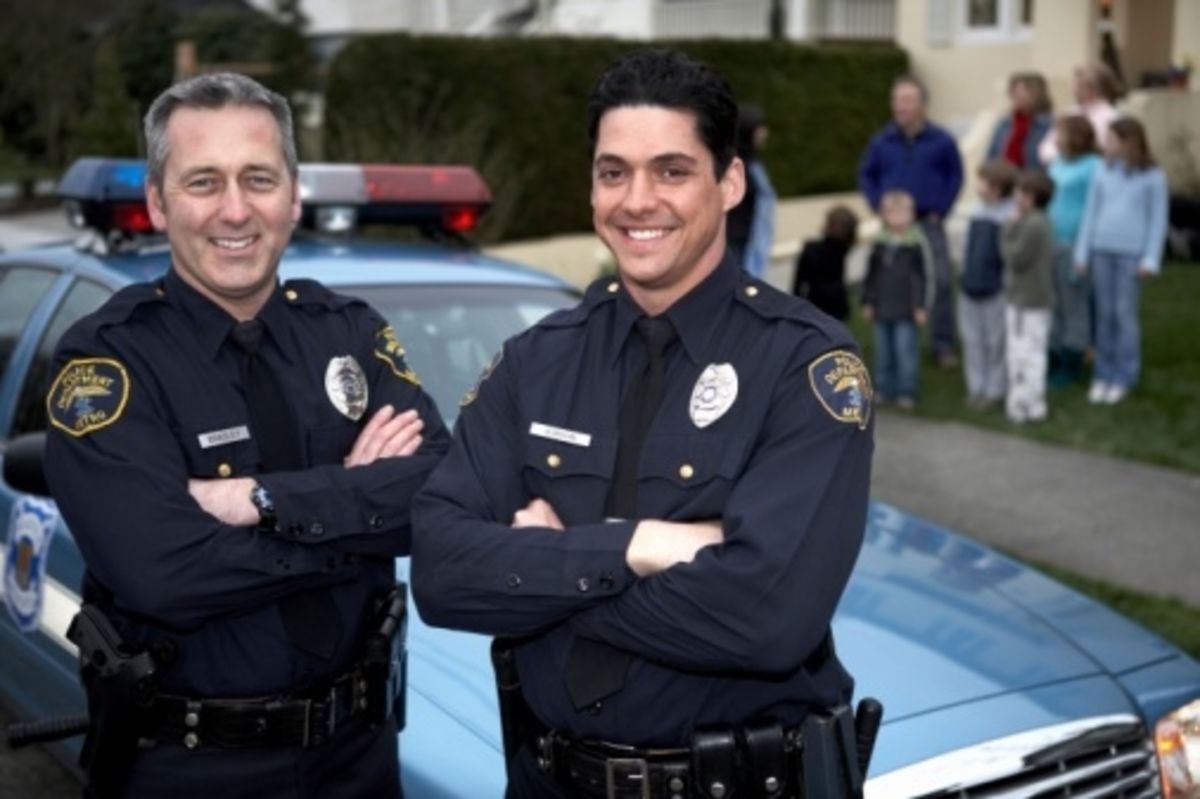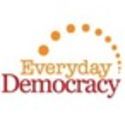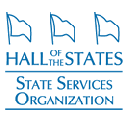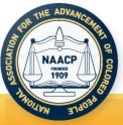-
About
- About Listly
- Community & Support
- Howto
- Chrome Extension
- Bookmarklet
- WordPress Plugin
- Listly Premium
- Privacy
- Terms
- DMCA Copyright
- © 2010-2025 Boomy Labs


 Everyday Democracy
Everyday Democracy
Listly by Everyday Democracy
The list below provides a small sample of the many organizations working around the nation to address issues of community-police relations.
A nonprofit, nonpartisan, 275,000-member public-interest organization devoted to protecting the basic civil liberties of all Americans. The ACLU meets this goal through litigation, legislation, and educating the public on a broad array of issues affecting individual freedom in the United States.
An international membership organization that works to create a multidisciplinary forum on criminology study, research, and education. The organization has four divisions: Division of Critical Criminology, Division of International Criminology, Division of People of Color and Crime, Division of Sentencing and Corrections, and the Division of Women and Crime.
Provides an online journal of tools, stories, and best practices of community empowerment and civic renewal.
Provides resources to assist surviving families of law enforcement killed in the line of duty. COPS also offers training to law enforcement agencies on how to respond to the loss of a law enforcement officer, and educates the public on the importance of supporting police officers and their surviving families.
World’s largest organization of sworn law enforcement officers, with more than 2,000 lodges and more than 280,000 members. FOP works to improve the working conditions of law enforcement officers and the safety of those served through education, legislation, community involvement, and employee representation.
The largest nonprofit membership organization of police executives, with more than 16,000 members in more than 95 different countries. Conducts research and provides training, technical advice, and networking opportunities.
A nonprofit organization that provides the training and certification needs of protection officers and security supervisors.
Works to secure the rights of Latinos in the areas of employment, education, immigration, political access, and public-resource equity. MALDEF meets this goal primarily through litigation, advocacy, community outreach and education, as well by participating in community coalitions, community-leadership training, and scholarships.
Works to ensure the political, educational, social, and economic equality of minority-group citizens by removing racial discrimination in housing, employment, voting, schools, health care, the courts, prisons, and business enterprises. Conducts research and promotes a variety educational programs. Washington Bureau also lobbies Congress and other governmental agencies to promote the interests of minority groups.
Nonprofit organization dedicated to the development and promotion of organized, law-enforcement-affiliated crime and drug-prevention programs. Sponsors the annual "National Night Out" program to promote community involvement in crime and drug-prevention activities, strengthen police-community relations, and encourage neighborhood camaraderie as part of the fight for safer streets.
A nationwide association of African-American police organizations that focuses on law enforcement issues and the effect of those issues on a community. NBPA is an advocate for minority police officers, and also provides training and education to police officers and others interested in law enforcement through a national network.
Provides technical assistance, publishing, and research to foster the practice of collaborative problem solving and democratic decision making. Sponsors the “Alliance for National Renewal,” a network of community-building organizations that address civic problems. Publications include The Community Visioning and Strategic Planning Handbook and the quarterly National Civic Review.
A nonprofit, nonpartisan organization established to reduce poverty and discrimination, and to improve opportunities for Hispanic Americans. Works toward this goal through support of community-based organizations, applied research, policy analysis, and advocacy. Also produces public information, media activities, and special and international projects.
The Safe Firearms Storage campaign encourages firearms owners to make safe firearms storage a priority. To encourage current and prospective firearm owners to safely lock up their weapons when they're not in use, the National Crime Prevention Council (NCPC) created a new public service advertising (PSA) campaign developed in partnership with the Ad Council and funded by the Bureau of Justice Assistance (BJA).

Focuses on helping develop and implement national policy in the criminal justice field as well as helps states address criminal justice-related problems. In conjunction with the National Governors’ Association, NCJA provides policy guidance to governors regarding public issues of drug control, prison and jail crowding, and fire safety.
NIJ is the research, development and evaluation agency of the U.S. Department of Justice. NIJ's mission is to advance scientific research, development, and evaluation to enhance the administration of justice and public safety.
Works to promote equality and professionalism in law enforcement by providing its members and members of the community with career training; conferences and workshops to promote education, and career advancement; mentoring; and a strong commitment to community service. Also maintains an academic-scholarship program and continues to develop and operate community-based programs aimed at preventing and reducing juvenile delinquency
National membership organization of progressive police executives from the largest
city, county and state law-enforcement agencies. Works to improve policing and advance professionalism through research and involvement in public-policy debate.
This independent, nonpartisan, nonprofit foundation works to improve police services through its research and experimentation on police behavior, policy, and procedure.
Working in collaboration with government, designs and implements innovative programs that encourage just practices in public services and improve the quality of urban life. Its research in criminal justice and social reform has lead to a variety of programs that deal with challenges ranging from foster care to family-focused drug intervention.


Amidst growing racial tensions, community leaders in Hopkinsville, Ky., realized they needed to look for innovative solutions to help diverse city residents work together. In 2007, the Human Relations Commission launched "Hoptown-Our Town," a large-scale community dialogue to pave the way for change.
The South Bronx Conversations for Change initiative offers safe arenas for honest dialog between the police and community members: (50 dialog circles x 5 weeks) + 1 Action Plan Forum = a chance for real change. New York Faith & Justice would like to thank the Case Foundation and the Presbytery of New York City for their support of this critical initiative.
The debate over "stop-and-frisk" police tactics is front and center in New York City and elsewhere in the nation. This policy goes to our very definition of community, leading to a fundamental question: are these tactics intended to build or bust trust in a community?
